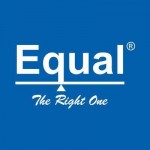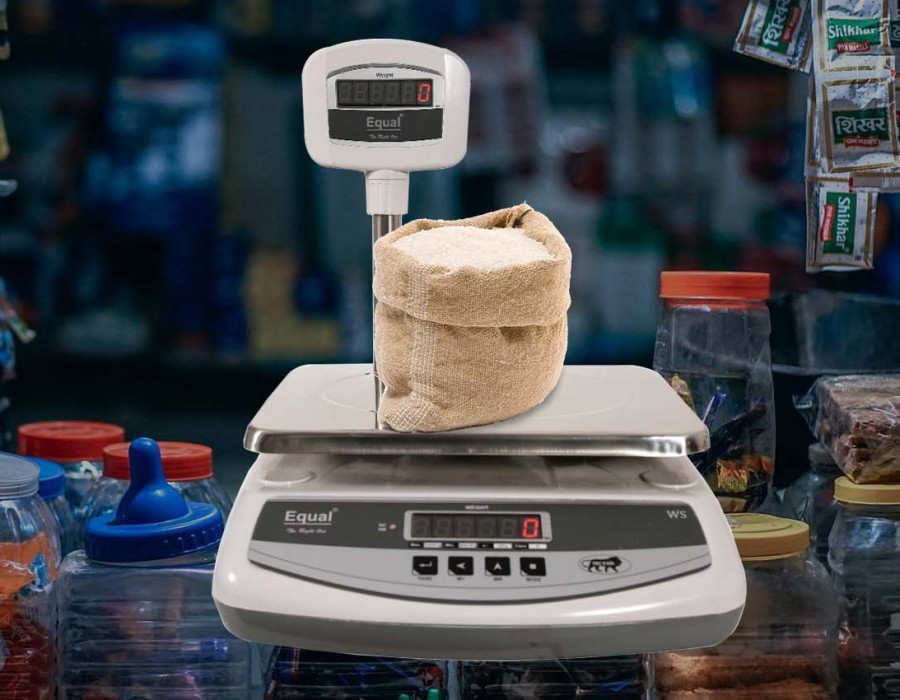POS scales (point of sales scales) are common tools used in commercial settings, also known as retail scales, commercial scales or price computing scales. The most likely location you have seen them is in a grocery store, bakery, deli, or candy shop. Various features and applications distinguish retail scales, and this post explores them in-depth.
Features That Make Retail-Scales Different From Other Scales:
In a retail scale the price of item is determined by the weight of the item being weighed on the scale. The software calculates priced based on weight, unit price, and total price of each item put on the scale. The scale can calculate the total price based on the weight, once the users inputs the unit price.
A commercial retail scale needs to be approved in many nations in order to guarantee that consumers are getting what they pay for when they purchase goods based on their weight. Based on the country of origin, various organizations approve legal for trade applications. Make sure the scale you purchased is approved to be used in the country where you will be using it. Scales endorsed by the European Community are legal and recognized in Europe, but not in South Africa.
Features to Keep-in-Mind While Purchasing a Retail Scale:
Commercial scales should feature several features beyond price calculation and legal-for-trade approval.
1. When working in a large store, PLUs or product look-ups, extremely useful. The products and information about them can be stored and retrieved without having to re-enter all the information. If you offers a wide selection, then this feature is handy but it is not necessary for small stores or places with single item to carry.
2. If you’re looking for the unite price or the PLUs, a full, color-coded keyboard can be quite helpful. Science the keys are labeled and there are no single keys for multiple functions, can configure the device more quickly and easily.
3. It is very important to have a duel display, which means an LCD on the back and front. It reduces confusion and streamlines the transaction by displaying the same information to the customer and user simultaneously.
4. If a shop is located near a border or in a tourist destination, it is helpful to calculate the price and display them in multi-currencies, as well as display them in multiple languages.
5. If a scale is portable then it provides extra comfort to use it in different areas of the shop and if it also consists a rechargeable battery is bonus allows the user when power is not available.
6. With stainless steel pans, customer can quickly and easily clean between them without having to worry about stains or damaging the scale.
7. Embedded load cells are protected by a solid ABS housing, meaning the scale will last a long time.
Some Other Features:
1. The scale has sturdy feet that ensure stability, whether it is on the table, counter-top, or anything else.
2. If the scale is having connection feature with computer and printer, is common for this type of scales, but can be helpful for inventory management or printing the labels.
3. It is also not necessary to have an IP66 rating, though make cleaning simpler and allows retail scale to be used in wet and humid conditions, or when raw products like fresh fish or ice cream are placed directly on the scale or drip from packaging.
4. When the scale is used in a grocery store or chocolate shop with a large volume of different products, the zero tracking feature is quite practical.
A retail scale isn’t limited to these features-only the most essential ones are mentioned.
With Experience of 20+ years, EQUAL provides best quality digital retail scale that fits your requirement and budget also.






Comments